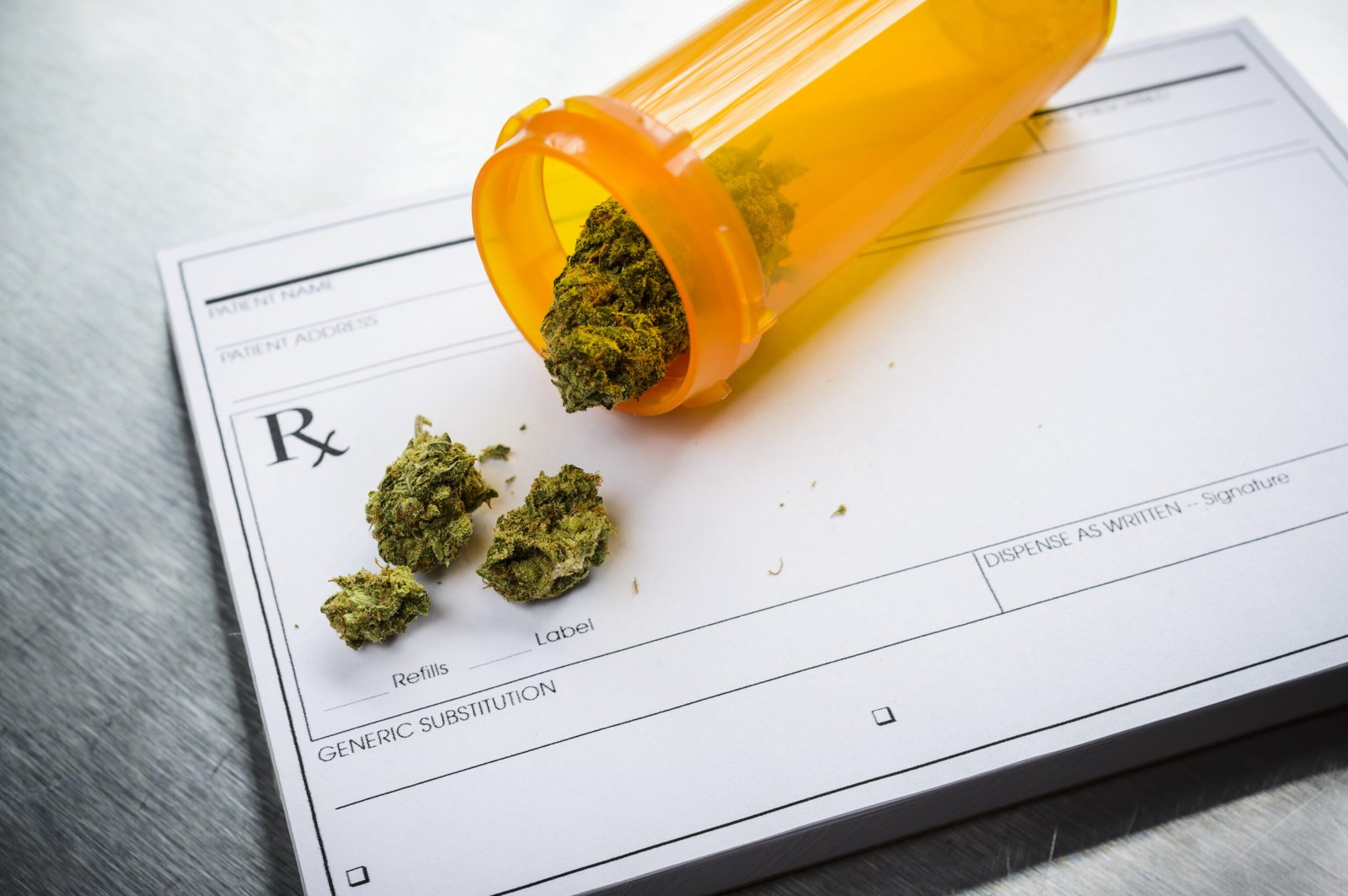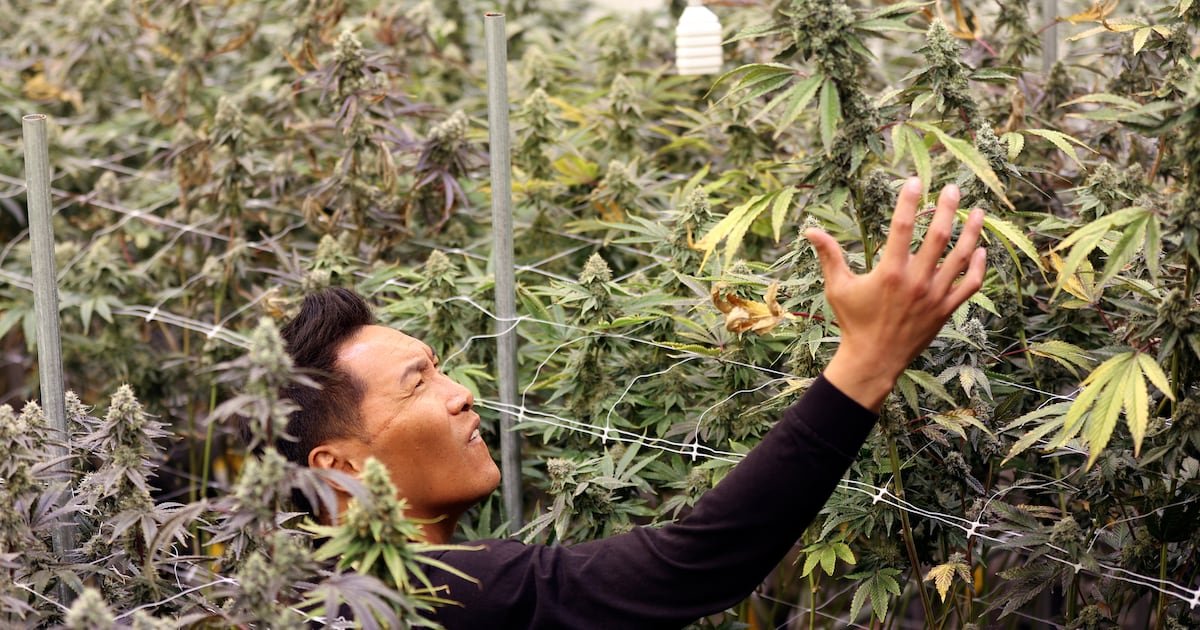A recent discussion at the American College of Physicians (ACP) annual Internal Medicine Meeting in New Orleans revealed that many patients using cannabis for chronic noncancer pain may face more risks than benefits. Dr. Adam Obley shared insights from the ACP’s latest Best Practice Advice focusing on this issue.
According to Dr. Obley, who is an associate professor of medicine at Oregon Health and Science University, patients primarily use cannabis to treat chronic pain. He pointed out that a recent survey found one in four adults in the U.S. reported using cannabis in the past year. Among those who had used it in the last month, around 40% indicated they used it nearly every day.
Dr. Obley emphasized the limitations of cannabis prescriptions, stating that U.S. clinicians can only prescribe three FDA-approved cannabinoid formulations. These are restricted to specific conditions such as chemotherapy-induced nausea and vomiting, HIV-associated cachexia, and certain rare seizure disorders. Despite this, around 80% of U.S. adults believe that cannabis has at least one health-related benefit.
The ACP’s Best Practice Advice on cannabis use is based on an analysis of 26 randomized controlled trials and 12 observational studies that evaluated cannabis’s effects on chronic noncancer pain compared to usual care or placebo. Dr. Obley clarified that Best Practice Advice Statements differ from ACP Clinical Guidelines, noting that this topic is more suited for advice due to significant limitations in the studies, particularly in long-term follow-up.
While progress is being made in understanding the benefits of cannabis for chronic pain, Dr. Obley remarked that the evidence is still insufficient to create comprehensive clinical guidelines. He stressed the need for more robust data on both the benefits and potential long-term harms of cannabis use.
As the conversation about cannabis continues, it is clear that patients are often turning to dispensary workers for information, highlighting a gap in knowledge and guidance from healthcare providers regarding cannabis use for pain management.



